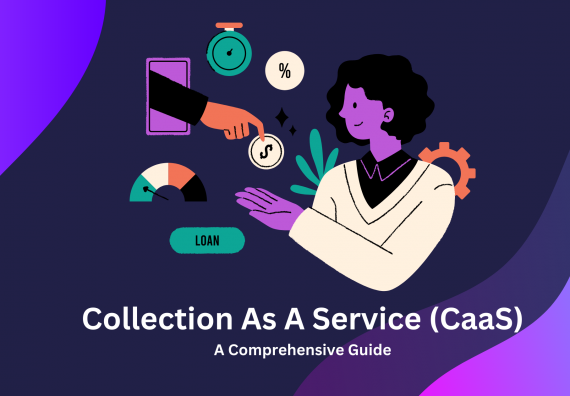The role of Digital Identity Verification in financial services
2 days ago
36Views
Reading Time: 5 minutes The financial services sector faces an unprecedented array of challenges and opportunities in this digital age. Among the most…
Reading Time: 6 minutes Debt collections have long been a necessary but often challenging process. Traditionally, lenders have relied on phone calls, emails,…
The rise of Fintech SROs: Balancing innovation and regulation in India’s financial landscape
146Views
Reading Time: 4 minutes Fintechs have made their presence felt by simplifying access, lowering costs, and aligning financial services more closely to people’s…
Popular Blogs
All Blogs
2 days ago
36Views
The role of Digital Identity Verification in financial services
Reading Time: 5 minutes The financial services sector faces an unprecedented array of challenges and...
Reading Time: 6 minutes Debt collections have long been a necessary but often challenging process....
146Views
The rise of Fintech SROs: Balancing innovation and regulation in India’s financial landscape
Reading Time: 4 minutes Fintechs have made their presence felt by simplifying access, lowering costs,...
Reading Time: 6 minutes Increasing complexities in the legal stage of debt recovery and financial...



